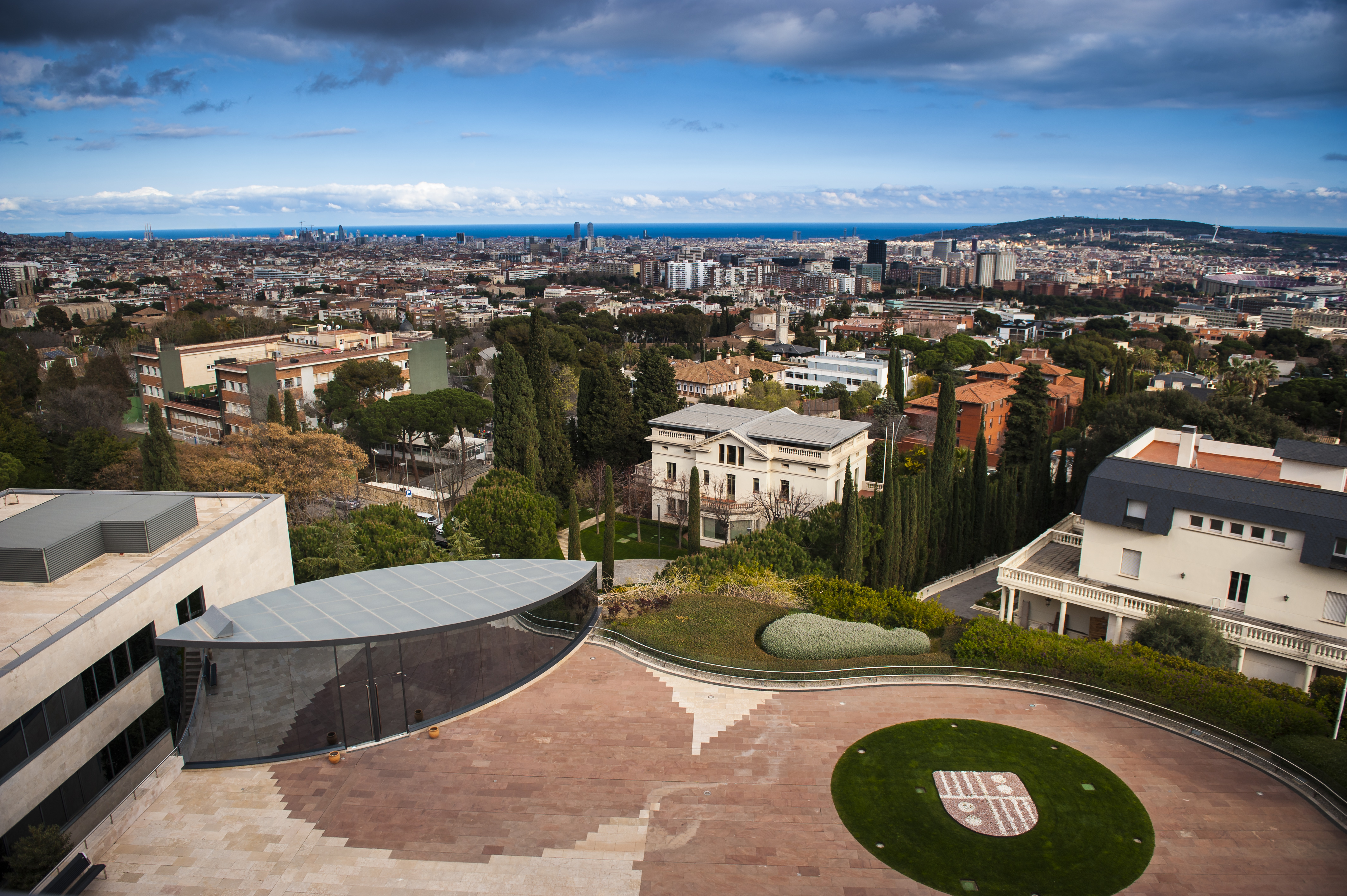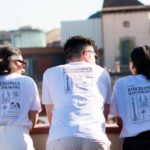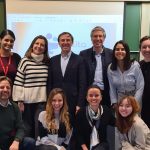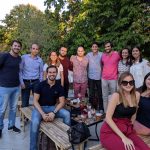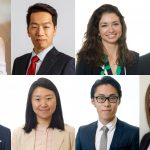IESE offers an alternative to corporate internships for those students wanting to spend their summer trying their hand at entrepreneurship in a program called the Summer Entrepreneurial Experience. In this program, students stay on campus working right alongside Professors to test and tweak business ideas.
The original plan for our business, True | North, during the Summer Entrepreneurial Experience was to be a fashion collection based on different destinations throughout the world. Amanda and I met during a case competition for the Fashion and Retail Club and we started to discuss our summer plans. The Entrepreneurship Experience was a great opportunity to explore a new business idea under the umbrella of professors, VCs and entrepreneurial experts. Plus, no other business school allows you the opportunity to do a three-month intensive start-up track.
With our original plan of creating a clothing brand and eCommerce boutique, the “board” pressed us to put boots on the ground and go canvas Barcelona and beyond for any potential customer or business partner. The emphasis on getting out there and speaking with people, (even in Spanish!) was a huge learning experience for me personally. I consider myself an extroverted person, but having to convince people of a product that we have not developed yet and to gain trust was a skill I needed to acquire. By the end of the program, I had shed my inhibition of selling an in-development product and facing rejection.
As the summer progressed, we found ourselves exploring all areas of the business and I really felt I was putting my knowledge from the first year of school to tangible use – from accounting, to logistics, to marketing, to customer behavior and data analysis. A highlight for me was meeting with the Chamber of Commerce here about the impact of registering our company in Europe or in the States on our costing structure. Another highlight was planning a successful artisan launch party within 24 hours and testing a new aspect of our value proposition – exclusive parties for customer insiders to learn the history of how artisan accessories are traditionally made.
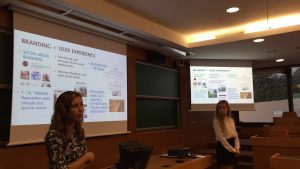 During our final presentation, we highlighted our biggest learnings from the summer. For me, this is summarized in three parts. First being, adaptability and learning to not become so attached to an idea that it inhibits your progress. After testing, retesting, pivoting, and sometimes starting over, we learned to adapt our business model and value proposition while still holding true to the concept and our voice. Next, learning to think of multiple scenarios that might play out in the future. Often our plans were indefinite so it was difficult to foresee many steps in advance. However, if we were able to prepare for many different scenarios along the path, we were able to remain agile and adapt when we needed to. Further, this helped us map out where exactly we wanted to go and how to get there by brainstorming a multitude of options, good or bad. Finally, we learned that communication is key in any partnership, especially when a company is in the beginning stages and going through many iterations and changes. Not only did I enjoy the hard skills of parsing out our costing structure, contracts, and operations but I also enjoyed the soft skills of learning to communicate and to be honest about expectations, setbacks, and future goals.
During our final presentation, we highlighted our biggest learnings from the summer. For me, this is summarized in three parts. First being, adaptability and learning to not become so attached to an idea that it inhibits your progress. After testing, retesting, pivoting, and sometimes starting over, we learned to adapt our business model and value proposition while still holding true to the concept and our voice. Next, learning to think of multiple scenarios that might play out in the future. Often our plans were indefinite so it was difficult to foresee many steps in advance. However, if we were able to prepare for many different scenarios along the path, we were able to remain agile and adapt when we needed to. Further, this helped us map out where exactly we wanted to go and how to get there by brainstorming a multitude of options, good or bad. Finally, we learned that communication is key in any partnership, especially when a company is in the beginning stages and going through many iterations and changes. Not only did I enjoy the hard skills of parsing out our costing structure, contracts, and operations but I also enjoyed the soft skills of learning to communicate and to be honest about expectations, setbacks, and future goals.
In the beginning of the SEE program, Amanda and I planned to start a destination-wear clothing collection. In the end, we evolved to a business that I’m very proud of. We put on hold the clothing collection due to product development timing and we changed to build up an online marketplace for artisan goods and accessories from around the world. We feel it has been successful, not only because we generate sales and it can be a scalable business, but because we, as individuals and collectively, got into the mindset of an entrepreneur and gained real-life experience in starting a company. These are lessons I will be able to apply in any role I take in the future, whether it be in a start-up, a corporate role, or in my own business.
Kate Deckman
IESE MBA Class of 2017


